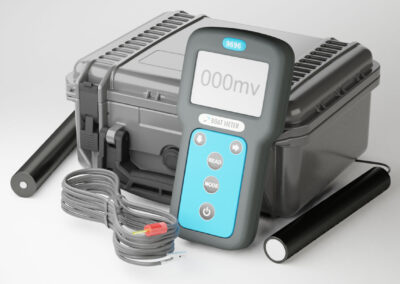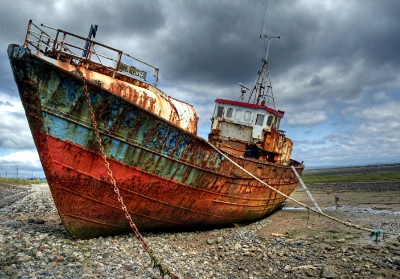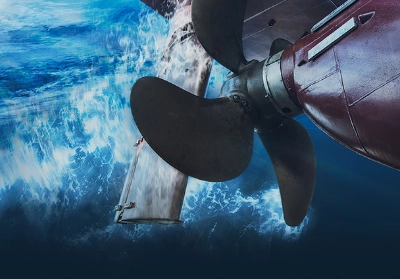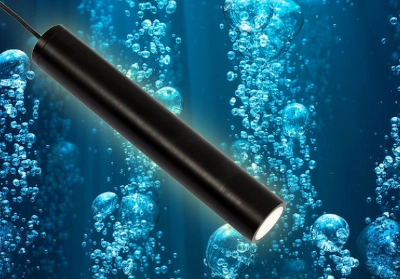Mooring in a Marina
Mooring your boat in a Marina can be a lottery. Whilst most are safe, reliable and offer a safe haven for your boat there are reasons to take care in checking where you are leaving your valuable craft. It is possible to check for many of the potential problems that could accelerate the corrosion of the metal components below the waterline.
Should I Moor next to a Rusty Boat?
On a recent trip to a Large Marina just outside London I was chatting with the local Boat owners whilst collecting data on Hull potentials. Most owners will take measures to ensure that the Hulls are in good condition. These can range from Regular Sacrificial Zinc Anode replacement, maintenance of protective coatings and use of a Galvanic isolation system. It is however unusual for any owner to know what the Hull potential is or how it has changed over the season.
Measurement of the Hull potential is of course very simple and inexpensive. Keeping a record of the readings over time are the simplest way to identify and problems and ensure protective measures are taken at the right time. They can also prevent needless Anode replacement or time out of the water.
What interested me most however was the aversion to mooring boats near to obviously rusty vessels. This makes little sense to me. It appears that the owners I spoke to believe that corrosion is catching!! They would much rather moor next to a pristine Boat with a flawless hull.
I am not a boat owner! Just an electrochemist so I thought it was probably worth taking some time exploring the forces at play here.
The water conditions are the key in all corrosive activity. When a metal Hull corrodes it gives up electrons. The Oxidation state of the metal increases. It becomes Oxidised. As you know metals conduct. River water does too. Sea water even more so. This means that the movement of electrons will happen if they are available . Unfortunately the most ready source of electrons is metal in water.
When you are in a Marina every Hull is in the same Water and therefore they are all interconnected. That means you are in a war!!! A war with every other boat moored near you!! In truth there are lots of Anodes and Cathodes (your boats) in their own local environments in the same body of water so it isn’t just one Hull that is being corroded but there will be a pecking order!!
Moor next to a Rusty Boat ?
So here is the important bit! If you keep your Hull in good condition and are moored next to a Hull in less good condition the Oxidising water will grab electrons from the place of least resistance. That just happens to be the nearest sacrificial anode. Electrons are lost most readily from Magnesium, then Zinc, aluminium and then steel. The copper alloys are taken from last. Rust has already had its electrons removed so nothing more can happen here.
The upshot of this is that the Rusty Hull plays no part whatsoever in corrosion of adjacent boats.
Now if you keep your Hull in reasonable condition but your neighbour has a better Hull potential (more negative) then it follows that the Hull with the more effective Anodes is the one that loses them first. Your boat is therefore benefitting from the protection of the neighbouring vessel. Keeping an eye on your Anodes and replacing them when depleted protects not only your boat but any less protected boats close to it.
The most important part of the equation is checking for Stray DC by measuring Water REDOX potential and locating the issue. This could be unearthed devices or a problem with the shore power earth connection on the pontoon.
The Boat Meter Kit




